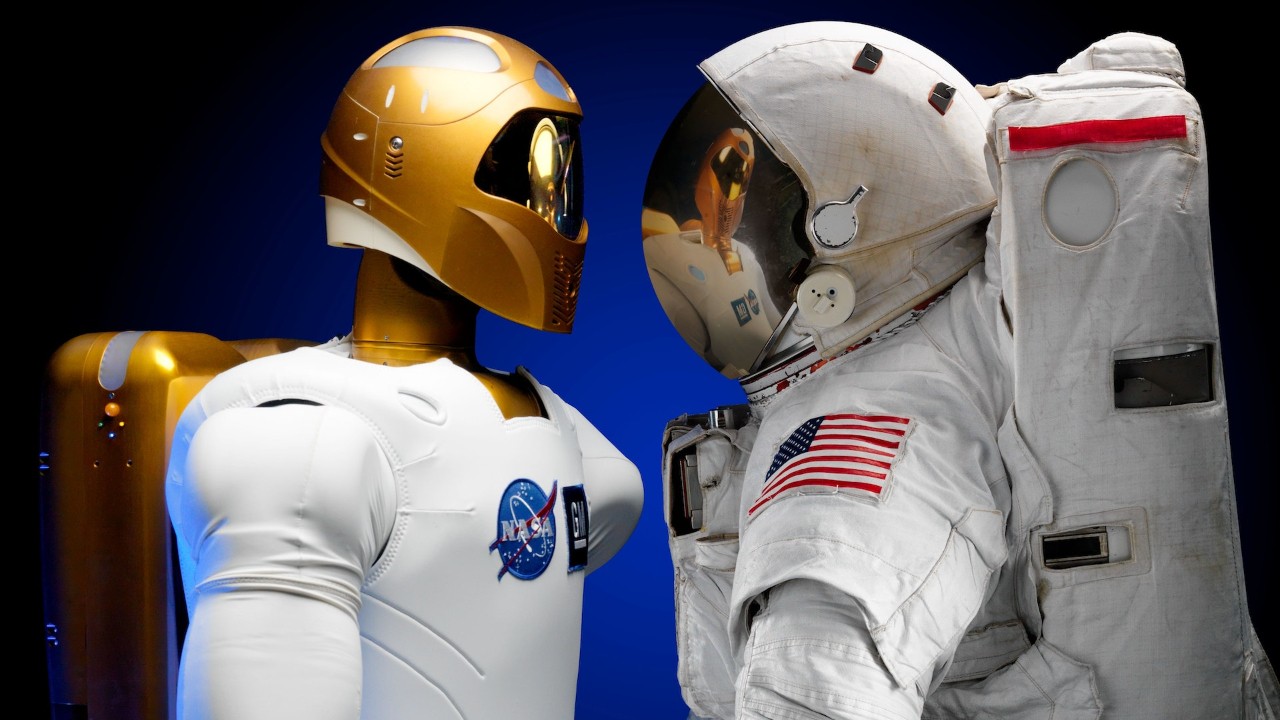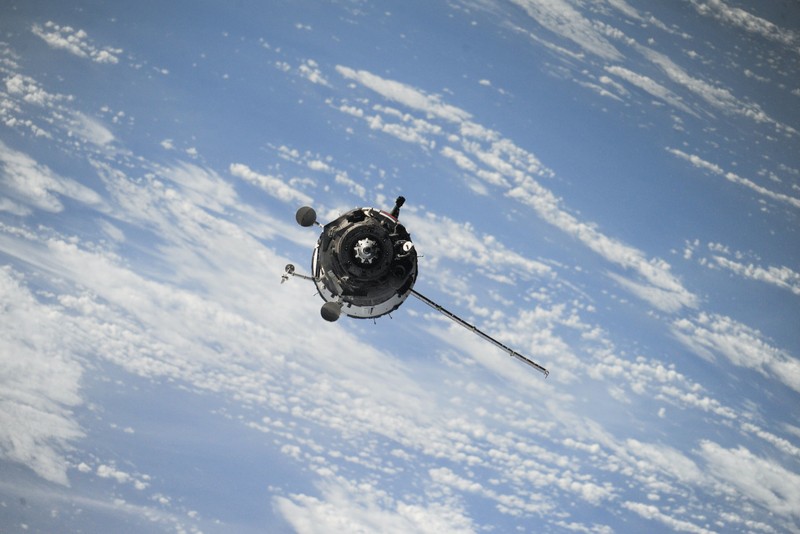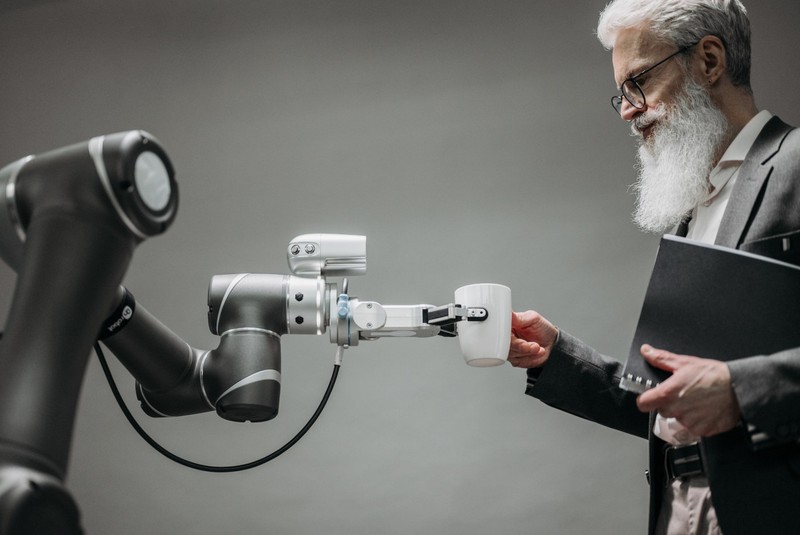Will AI and robotics make astronauts obsolete in future space missions?
As space exploration technology advances at a rapid pace, some have speculated that the use of AI and robotics could make human astronauts obsolete in future missions. However, there are still many challenges that must be overcome before AI and robotics can handle space missions on their own.

Humans have always been involved in space exploration, with astronauts leading most space missions. However, with the development of robotics and artificial intelligence (AI), it is possible that these technologies will eventually take the place of human astronauts on space missions.
Even though artificial intelligence and robotics have made significant progress in recent years, there are still a number of reasons why astronauts are still a crucial component of space exploration.
AI and robotics still not advanced enough to replace human astronauts in space missions
The human mind and body are able to adapt to any unpredictability that may occur in space, which is one of the primary reasons. It is essential for astronauts to be able to think critically and make decisions in real time on space missions, where even a minor error can have catastrophic effects. Additionally, unlike AI and robotics, astronauts possess the necessary skills to handle emergencies and carry out intricate tasks.
The biggest challenge is the limitations of current AI and robotics technology. While they have come a long way in recent years, they are still not advanced enough to perform all of the tasks that astronauts can. For example, it may be difficult for robots to navigate and work in complex environments, such as the rugged terrain of Mars or the complex interior of a space station.

Additionally, both AI and robotics necessitate human intervention and upkeep because they are not completely foolproof. Because space is a hostile and unpredictable environment, any technical issue or malfunction could seriously jeopardize a mission's success. Astronauts are able to troubleshoot potential issues in addition to carrying out maintenance and repairs that artificial intelligence and robots cannot.
Although artificial intelligence and robotics have a place in space exploration, they cannot completely replace human astronauts. Humans' adaptability, ability to think critically, and emotional intelligence are still necessary for successful space missions.

Computer based intelligence and advanced mechanics can surely help with performing different errands, however they can't supplant the extraordinary capacities that people offer of real value. Therefore, astronauts will continue to be an integral part of space exploration for the foreseeable future.






